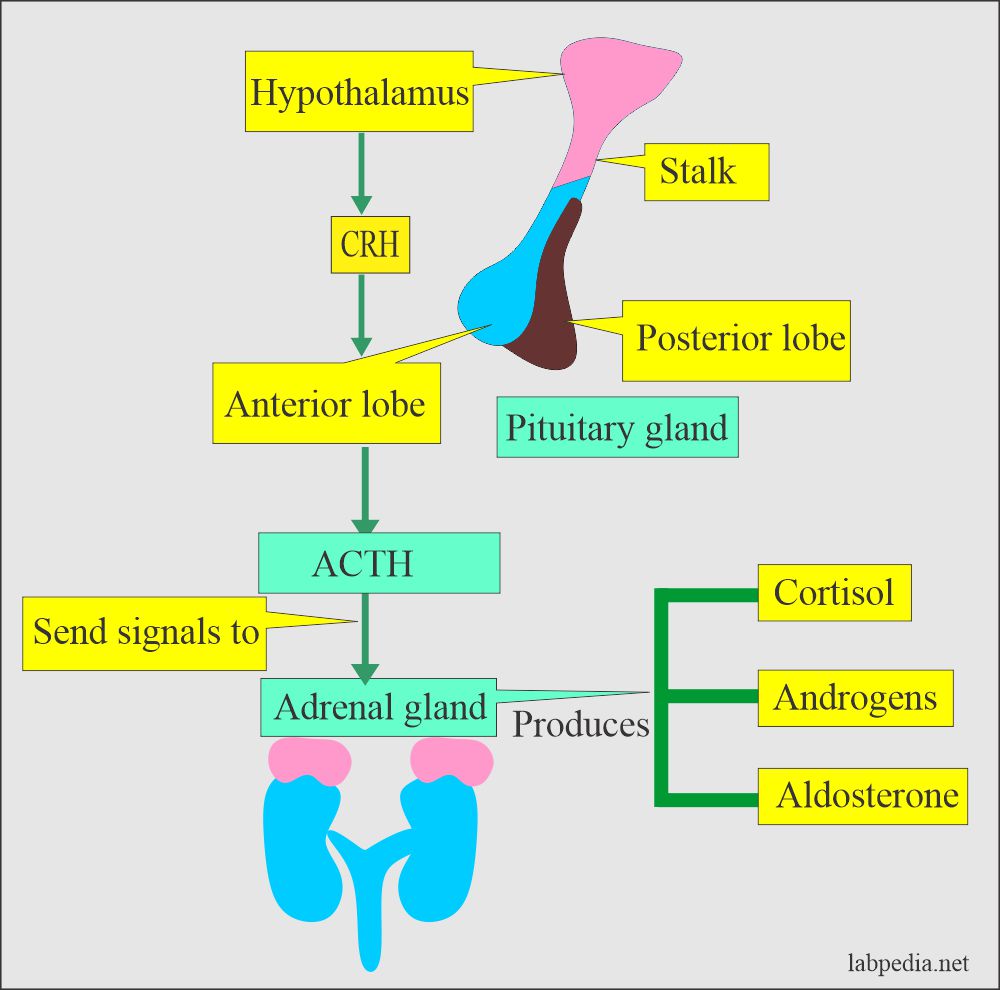

Other potential causes include conditions that can damage the adrenal glands, such as tuberculosis (TB), although this is uncommon in the UK.

It's not clear why this happens, but it's responsible for 70% to 90% of cases in the UK. Why it happensĪddison's disease is usually the result of a problem with the immune system, which causes it to attack the outer layer of the adrenal gland (the adrenal cortex), disrupting the production of the steroid hormones aldosterone and cortisol. You may also develop small areas of darkened skin, or darkened lips or gums.Īlthough these symptoms are not always caused by Addison's disease, you should see a GP so they can be investigated. Over time, these problems may become more severe and you may experience further symptoms, such as dizziness, fainting, cramps and exhaustion. loss of appetite and unintentional weight loss.Symptoms of Addison's diseaseĮarly-stage symptoms of Addison's disease are similar to other more common health conditions, such as clinical depression or flu. It can affect people of any age, although it's most common between the ages of 30 and 50. It's also more common in women than men. The adrenal gland is damaged in Addison's disease, so it does not produce enough cortisol or aldosterone.Ībout 9,000 people in the UK have Addison's disease, with over 300 new cases diagnosed each year. They produce 2 essential hormones: cortisol and aldosterone. The adrenal glands are 2 small glands that sit on top of the kidneys. Addison's disease, also known as primary adrenal insufficiency or hypoadrenalism, is a rare disorder of the adrenal glands. 1.2.6 For measuring hypercortisolism (too high a cortisol production), the saliva test is even a more sensitive method. The levels of (free) cortisol and DHEA-S in saliva show a good correlation with the levels in blood (plasma). The DHEA-S exhibits a less pronounced (weak) circadian rhythm, with a more or less stable level from around noon until noon. This is particularly important for the cortisol, which exhibits a clear circadian rhythm, with a high peak in the morning and a gradual decrease over the course of the day until midnight. This provides information about the level of said hormones during the course of the day. The levels are measured in four saliva samples that are collected at four fixed times in the course of 24 hours. In this test the content of the hormones (free) cortisol and DHEA (-S) produced in the adrenal cortex is measured in saliva.


 0 kommentar(er)
0 kommentar(er)
